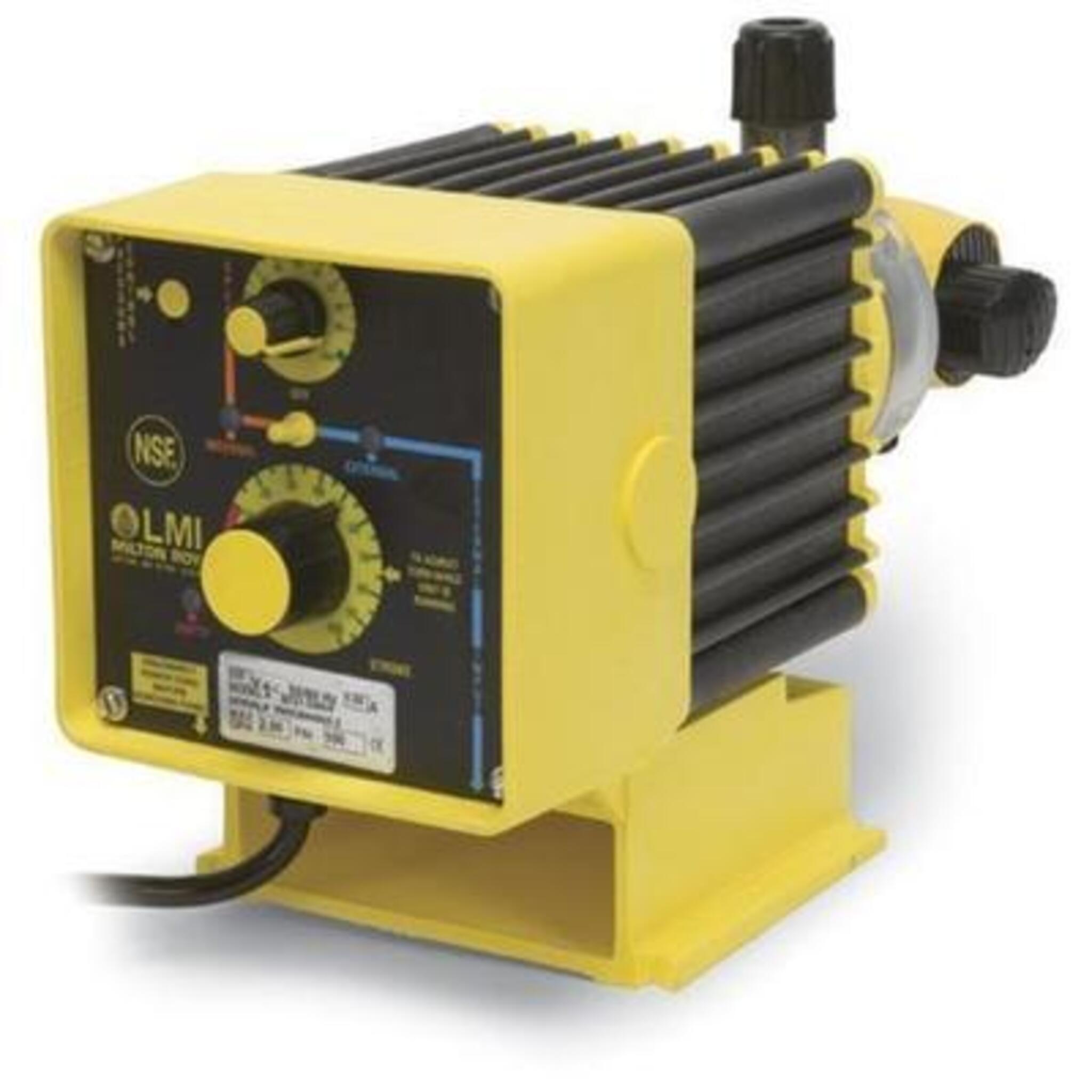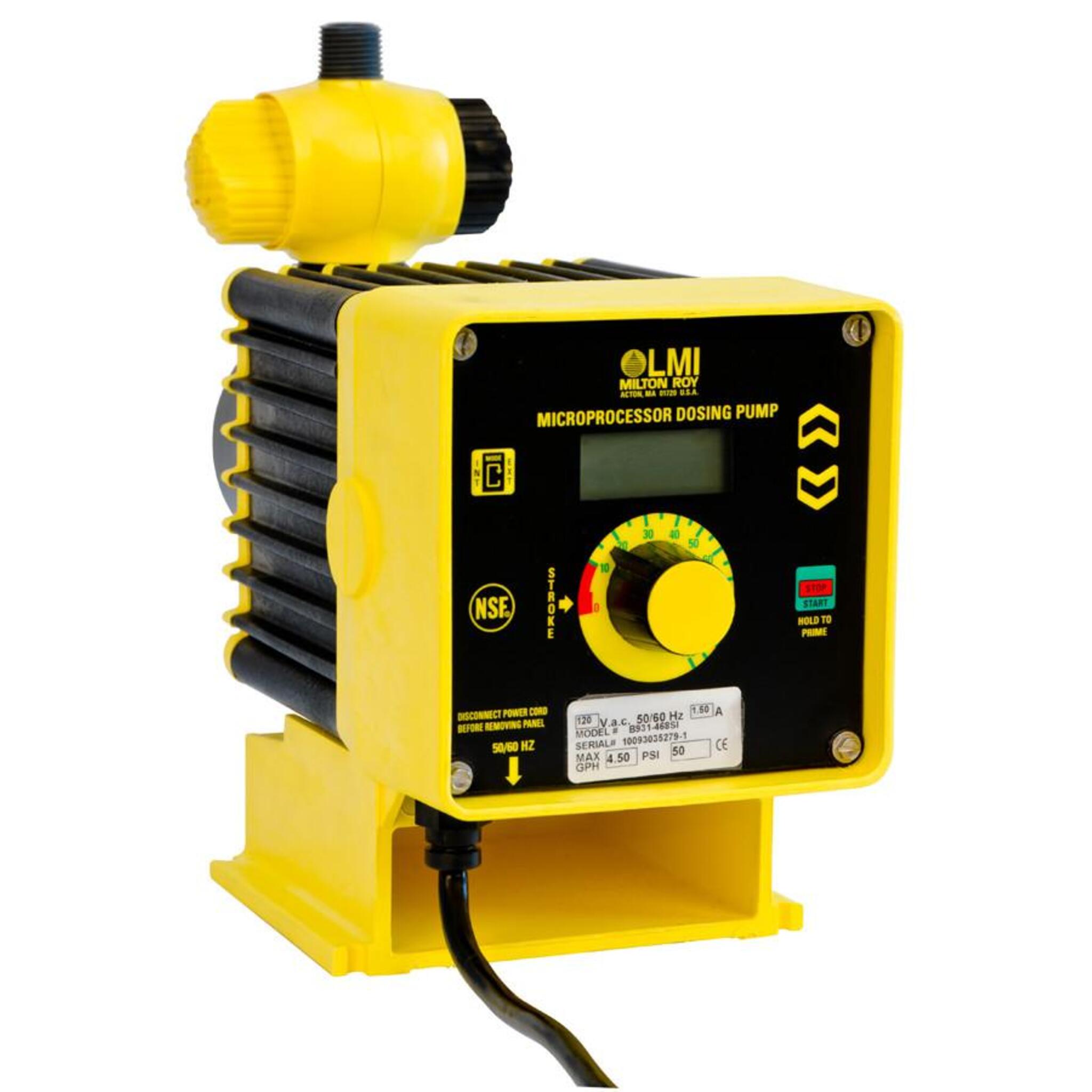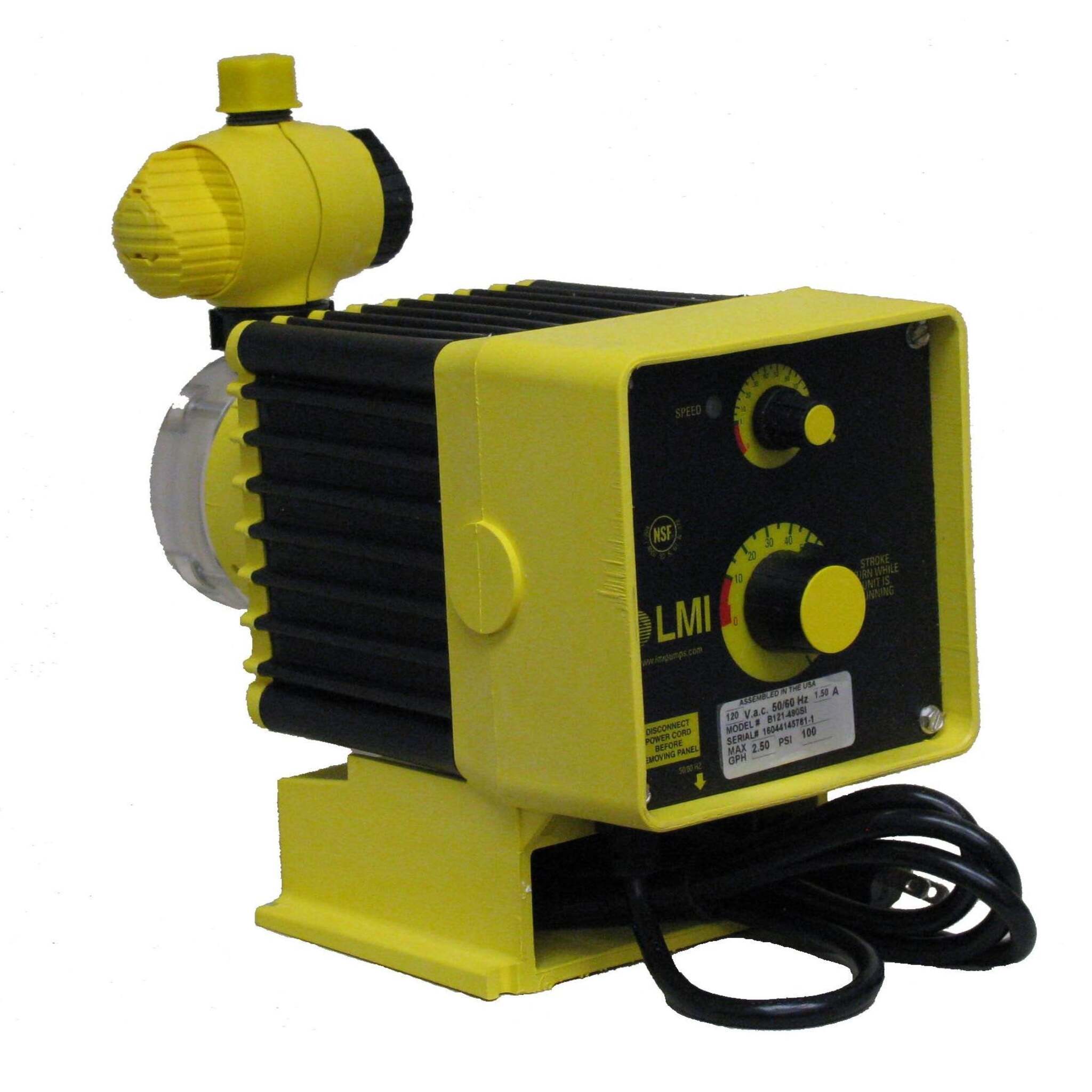Categories
- Shop All (4979)
-
-
- Hi-Vis Chainsaw Safety (14)
- Hi-Vis Coveralls and Overalls (10)
- Hi-Vis Hoodies and Shirts (27)
- Hi-Vis Jackets (30)
- Hi-Vis Pants (14)
- Hi-Vis Rain Wear (30)
- Hi-Vis Vests (36)
- Winter Hi-Vis Bombers and Parkas (18)
- Winter Hi-Vis Coveralls and Overalls (18)
- Winter Hi-Vis Hoodies (3)
- Winter Hi-Vis Pants (3)
- Winter Hi-Vis Vests (5)
-
-
-
-
- Brooms (2)
- Dust Mops (0)
- Dust Pans and Brushes (4)
- Flow Thru Tools (2)
- Microfiber Mops (0)
- Pool and Tank Tools (2)
- Scrubbers and Scrapers (1)
- Soap and Sanitizer Dispensers (0)
- Sprayers (1)
- Squeegees (1)
- Toilet Brushes and Plungers (3)
- Trash Cans & Bags (8)
- Wet Floor Signs (0)
- Wet Mops and Buckets (4)
-
- Bars and Prying Tools (21)
- Bolt Cutters and Shears (17)
- Chisels and Punches (9)
- Combination Hand Tool Sets (12)
- Extractors (13)
- Files (6)
- Gear Pullers (14)
- Hammers and Mallets (14)
- Hand Saws (17)
- Hex Keys (12)
- Layout and Distance Lasers (1)
- Marking Tools (0)
- Measuring Tools (10)
- Pliers (52)
- Precision Measuring and Testing Tools (24)
- Propane Torches (5)
- Screwdrivers and Nutdrivers (21)
- Sockets (66)
- Tap and Die Sets (11)
- Tool Boxes (26)
- Utility Knives (14)
- VDE Tools (7)
- Wire Cutters and Strippers (14)
- Wrenches (22)
-
- Beveling and Deburring (17)
- Curb and Valve Keys (20)
- Drilling and Tapping (12)
- Extended Impact Sockets (3)
- Flaring and Rerounding (7)
- General Pipe Working Tools (19)
- Guillotine Pipe Cutters (2)
- Hydrostatic Test Pumps (14)
- Internal Pipe Cutters (6)
- Manhole Testing (4)
- PE Peelers (8)
- Pipe Reamers (4)
- Pipe Threading (17)
- Pipe Wrenches (24)
- Plastic Pipe Joint Kits (4)
- Plastic Pipe Saws (5)
- Power Drive (13)
- Quick Release Cutters (15)
- Ratchet Shears (9)
- Ratcheting Wrenches (12)
- Rotary Cutters (3)
- Shut Off Tools (9)
- Soldering Torches (3)
- Vises (7)
-
- Angle Grinders (6)
- Batteries and Chargers (18)
- Bench Grinders (7)
- Circular Saws (3)
- Combo Tool Kits (10)
- Cordless Fans (6)
- Cordless Lighting (15)
- Cut Off Saws (4)
- Drills and Drivers (8)
- Grease Guns (3)
- Impact Drivers (5)
- Jobsite Radios and Speakers (8)
- Lifestyle (6)
- Mitre Saws (2)
- Reciprocating Saws (4)
-
- Angle Grinder Wheels and Brushes (21)
- Bench Grinder Wheels (7)
- Circular Saw Blades (11)
- Drill and Driver Bits (26)
- High Speed Gas Saw Blades (3)
- Holesaws (11)
- Impact Sockets (25)
- Jig Saw Blades (2)
- Oscillating Multi Tool Blades (1)
- Portable Chop Saw Blades (4)
- Power Tool Storage (5)
- Reciprocating Saw Blades (8)
-
-
-
-
- Air Fresheners (0)
- All Purpose Cleaners (19)
- Bowl and Washroom (8)
- Coffee and Breakroom (19)
- Degreasers (3)
- Dishwashing (4)
- Disinfectants and Sanitizers (1)
- Drain Openers (7)
- Hand Cleaners (8)
- Laundry Cleaners (9)
- Paper Products and Wiper Rags (18)
- Scale Removers (4)
- Urinal Pucks and Liquids (5)
- Wet Wipes (2)
-
-
- Ball Valves (13)
- Black and Galvanized Steel Fittings (16)
- Bronze Pipe Fittings and Nipples (13)
- Butterfly Valves (4)
- Check Valves (18)
- Flexible Connectors (4)
- Gate and Globe Valves (5)
- Knife Gate Valves (9)
- Pipe Fitting Accessories (4)
- Schedule 80 PVC Fittings (27)
- Stainless Steel Fittings and Valves (24)
- Victaulic Grooved Fittings (22)
LMI - Chemical Injection Pumps
6 products
Showing 1 - 6 of 6 products
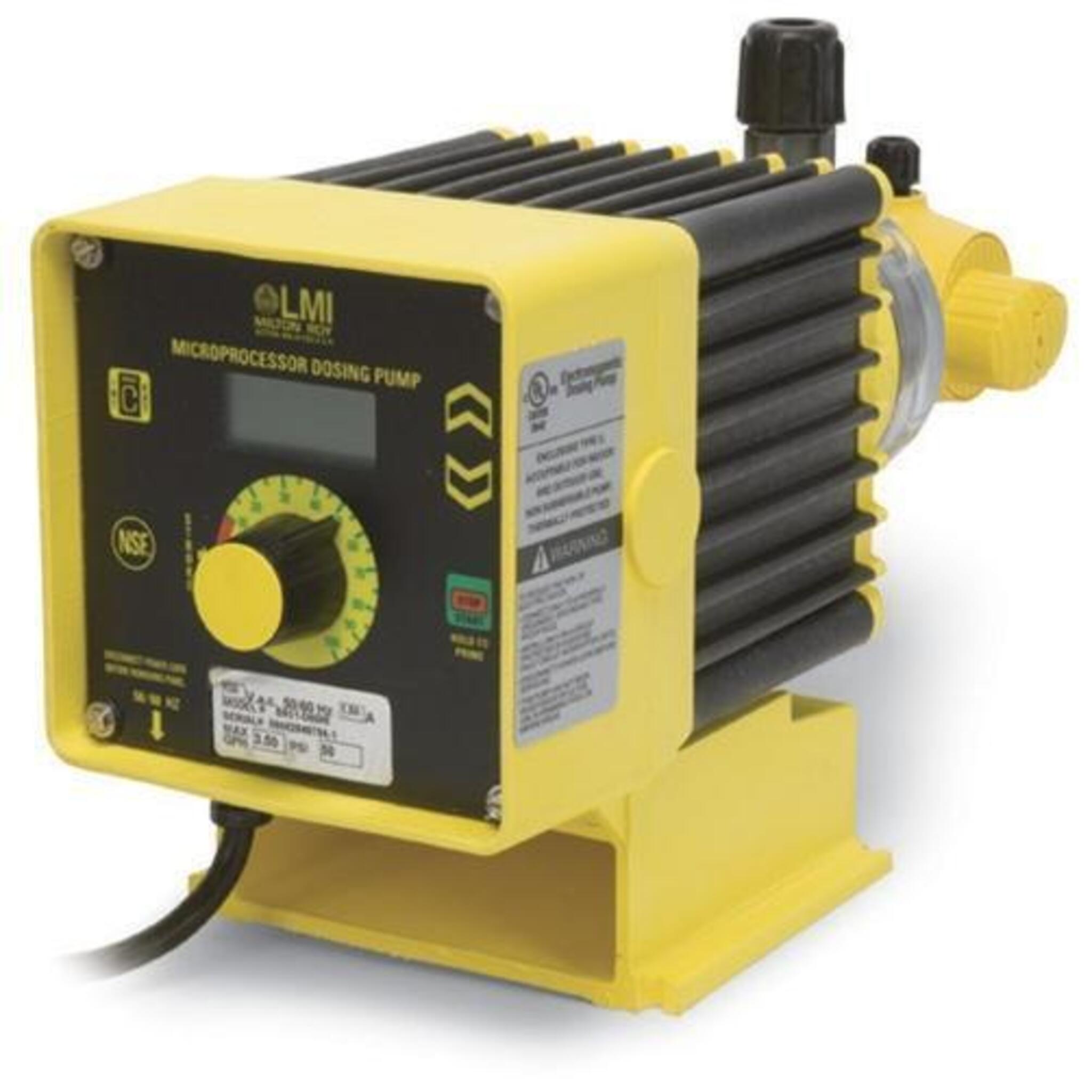
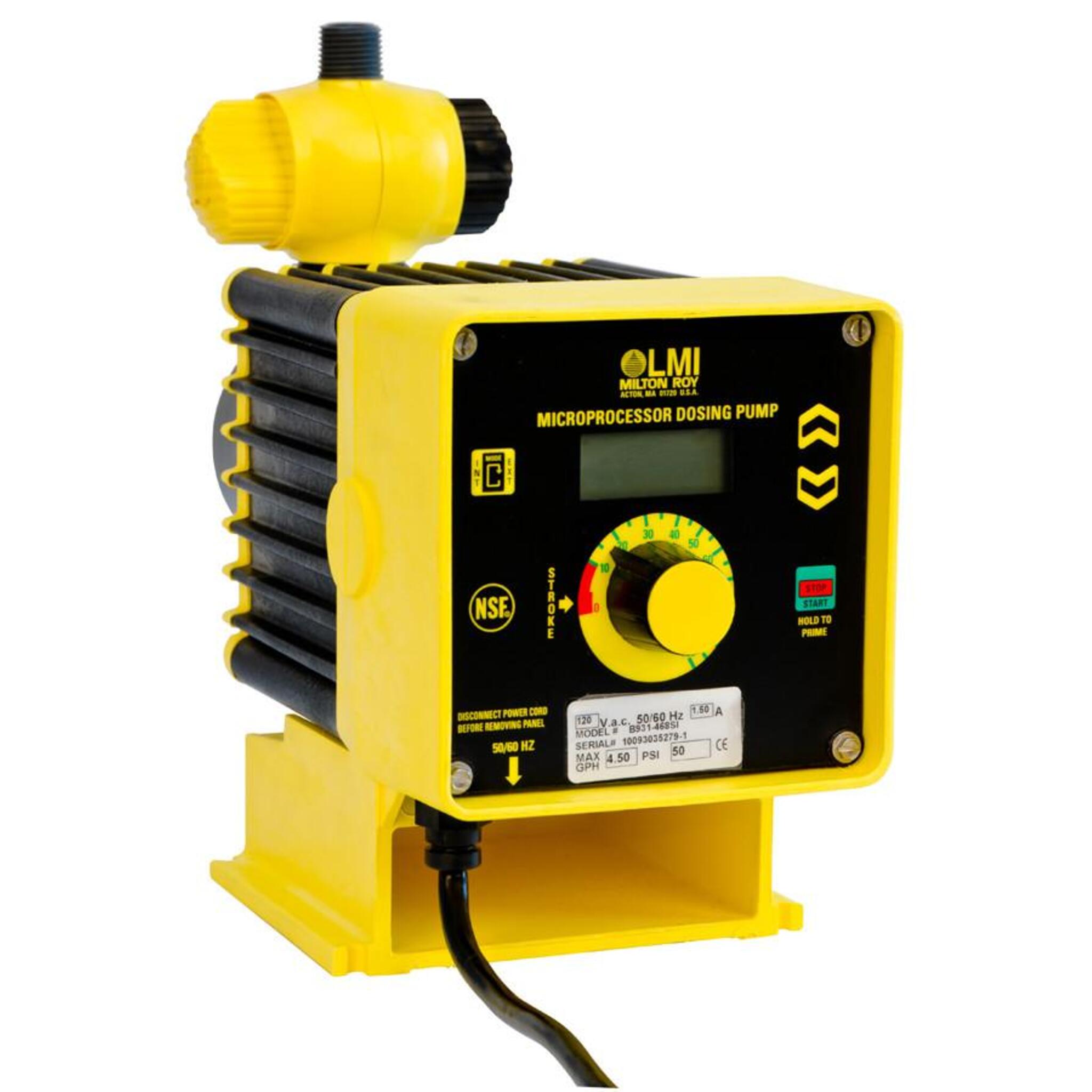
LMI Pumps: Trusted for Precise Chemical Dosing
LMI is a leader in chemical injection pump technology, offering durable and precise metering solutions for water treatment, industrial processing, and agricultural applications. Known for their rugged, chemically resistant construction and reliable performance in harsh environments, LMI pumps provide accurate dosing through adjustable stroke length and frequency. Their broad compatibility with control systems—including manual, digital, pulse, and 4-20 mA inputs—makes integration seamless for both basic and advanced operations. With global certifications and a range of accessories for full system setup, LMI pumps help users maintain process efficiency, chemical safety, and long-term reliability.
Why Choose LMI Chemical Injection Pumps?
LMI chemical injection pumps are a trusted choice for precise and reliable chemical dosing in water treatment and industrial applications. Known for their durability and corrosion resistance, these pumps are designed to handle harsh chemicals while maintaining consistent flow rates and operational safety. With user-friendly controls, flexible installation options, and robust engineering, LMI pumps help reduce maintenance downtime and ensure compliance with industry standards—making them ideal for professionals seeking efficient and long-lasting chemical injection solutions. Explore these chemical injection pumps at our Canadian warehouse, or check them out below:
-
LMI Two Dial B Series Chemical Metering Pumps
-
The LMI Two Dial B Series Chemical Metering Pumps deliver precise and reliable chemical injection for water treatment, offering both standard and chlorine-specific models. Standard pumps are compatible with a wide range of chemicals like citric acid, coagulants, and caustic soda, while chlorine models are specially engineered to handle off-gassing chemicals such as sodium hypochlorite. These pumps feature dual dials for stroke and speed adjustment, a transparent acrylic pump head for visual monitoring, and an automatic return valve in chlorine models to prevent air locking. NSF and cUL certified, they come with a complete installation kit and operate on 120VAC, supporting flow rates from 1.4 to 7.0 GPH and pressures from 30 to 150 PSI, depending on the model.
-
LMI Two Dial C HI Series Chlorine Metering Pump
-
The LMI Two Dial C HI Series Chlorine Metering Pump offers precise and reliable chemical dosing for water treatment applications, especially when handling off-gassing chemicals like chlorine. Featuring advanced auto-degassing technology, it prevents air-locking by recirculating gas and chemical back to the tank, ensuring smooth, uninterrupted operation. With dual manual controls for stroke length and speed, and a transparent acrylic pump head for easy monitoring, it provides flexibility, quick diagnostics, and dependable performance. NSF and cUL approved, the C1 HI series includes a complete installation kit and is compatible with various treatment chemicals, making it an efficient, durable, and user-friendly solution.
-
LMI Electronic B9 HI Series 4-20mA Controllable Chlorine Metering Pumps
-
The LMI Electronic B9 HI Series 4-20mA Controllable Chlorine Metering Pumps is a smart, programmable solution for precise and reliable chemical dosing in industrial and municipal water treatment systems. Featuring seamless SCADA integration through 4–20 mA Auto mode, it automatically adjusts pump speed to meet process demands. Its anti-airlock valve system effectively handles off-gassing chemicals like chlorine by redirecting trapped gas back to the tank, ensuring uninterrupted flow. With an intuitive LCD, see-through acrylic pump head for easy monitoring, and plug-and-play installation kit, the B9 simplifies operation and maintenance.
FAQs
1. What is the purpose of a chemical injection pump in water treatment systems?
Chemical injection pumps are used to accurately dose chemicals—such as chlorine, acids, or anti-scalants—into water systems for treatment, disinfection, pH control, or corrosion prevention. Their precision ensures consistent water quality, regulatory compliance, and safe operation in both residential and industrial water treatment applications.
2. How do I determine the right size chemical injection pump for my application?
Selecting the correct pump size depends on the required flow rate (gallons per hour or per day), system operating pressure, and the concentration of the chemical being injected. Proper sizing ensures accurate dosing without oversizing, which can lead to chemical waste, reduced efficiency, or potential damage to system components.
3. Can chemical injection pumps handle corrosive or off-gassing chemicals like chlorine?
Yes, many modern chemical injection pumps are built with corrosion-resistant materials such as PVDF or PTFE and include features like auto-degassing valves. These design elements allow the safe handling of off-gassing chemicals like chlorine and hydrogen peroxide by preventing air locks and maintaining consistent, reliable operation.
4. What’s the difference between a diaphragm and a peristaltic chemical injection pump?
Diaphragm pumps use a reciprocating diaphragm to move and inject chemicals, offering high accuracy and the ability to operate under higher pressures. Peristaltic pumps, on the other hand, use rotating rollers to compress flexible tubing, making them ideal for handling viscous or shear-sensitive chemicals, though they typically operate at lower pressure limits.
5. How often should I calibrate a chemical injection pump?
Chemical injection pumps should be calibrated during initial setup, after any maintenance work, and on a regular schedule—typically every 3 to 6 months. Calibration frequency may vary based on system usage and the type of chemical used, but regular calibration is essential to maintain dosing accuracy, safety, and treatment effectiveness.

